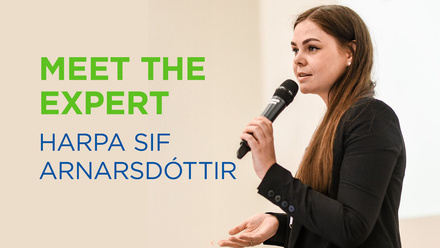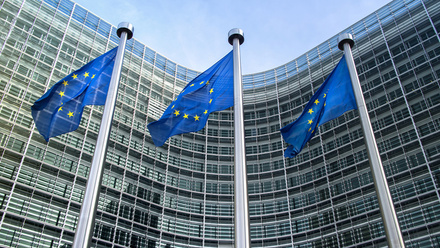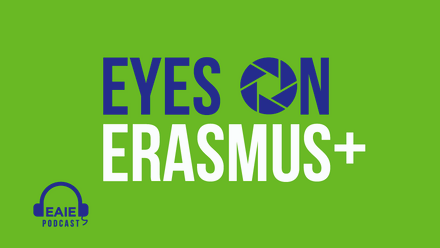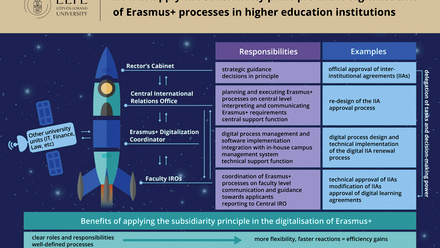The EELISA alliance: engineering a better future
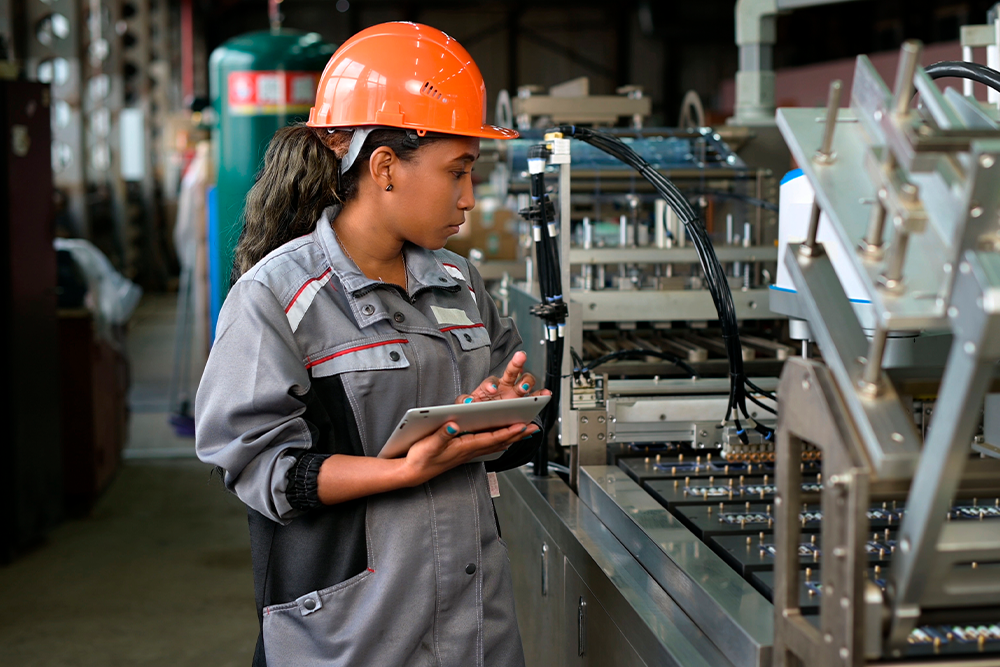
We live in an era of great challenges: global health crises, revolutionary technological advancements, the climate emergency and the rise of inequality worldwide. In this context, higher education has the great responsibility to foster a new generation of committed professionals and citizens who are ready to come together across boundaries and prompt new ways of cooperation to contribute to the solution of today’s and tomorrow’s challenges. This is the thinking that underpins the European Universities Initiative, and as one of the university alliances under the aegis of that Initiative, it is also the core mission of the European Engineering Learning Innovation and Science Alliance (EELISA), which seeks to foster equitable and sustainable ways to tackle the twin green and digital transitions.
Our European University alliance is composed of ten prestigious technical and full-spectrum HEIs from eight different countries: Budapest University of Technology and Economics (Hungary), Istanbul Technical University (Turkey), Friedrich-Alexander University of Erlangen-Nürnberg (Germany), École des Ponts ParisTech and Paris Sciences et Lettres University (France), Scuola Normale Superiore and Scuola Superiore Sant’Anna (Italy), Politehnica University of Bucharest (Romania), Zurich University of Applied Sciences (Switzerland) and, finally, as coordinator of the alliance, Universidad Politécnica de Madrid (Spain).
EELISA’s acronym also pays a tribute to women engineers through the memory of Elisa Leonida Zamfirescu
Although these are very diverse institutions in their study offer, longevity and trajectory, they bring together more than 194,000 students, 18,500 professors and researchers, 12,000 members of non-academic staff and hundreds of external collaborators, among which the European Network for Accreditation of Engineering Education, ENAEE, stands out as a strategic partner. EELISA’s acronym also pays a tribute to women engineers through the memory of Elisa Leonida Zamfirescu (1887–1973). She was one of the very first women in the world to obtain an engineering degree and embodied the core elements of the EELISA alliance: she had a multi-cultural and cross-border background, contributed to engineering with innovative methods for the analysis of minerals and had a determined social commitment.
Unprecedented cooperation
EELISA also represents a unique opportunity for unprecedented growth, innovation, mobility and collaboration for everyone who is part of it. However, like any great opportunity, it also implies a great challenge: being able to indissolubly align academic excellence with social commitment while building a more inclusive, diverse and sustainable university based on cooperation in an increasingly polarised world.
For this, EELISA considers some fundamental strategic axes such as the creation of solid bridges between education, research, innovation and society; the connection of the societal and environmental impact with the learning experience, and the co-creation of multi- and inter-disciplinary learning processes facilitating the transfer of knowledge and technology to and with society. All this is in line with the Sustainable Development Goals and the 2030 Agenda.
How can unprecedented cooperation happen is such a context? The answer, for EELISA, is now clear: with unprecedented solidarity
To this extent, and in its first years as an alliance, EELISA has developed three main pillars to translate this vision into practice: the development of the new EELISA European Engineer profile with high-level technical and scientific core competencies as well as the environmental, social and multicultural skills needed to address and contribute to the challenges of global society; the implementation of a joint innovation and research strategy (EELISA InnoCORE), together with the development of innovative entrepreneurship education (EELISA Unfolds); and the co-creation of the EELISA Communities, which are spaces for learning, research and cooperation in which students, teachers, researchers, non-academic staff, private companies, public institutions, NGOs and citizens come together to work on smart and sustainable solutions to real-world challenges in an environment nurtured by collaboration between disciplines, languages and borders.
Traditionally, universities have been spaces for open exchange and collaboration, and indeed, the European Universities Initiative is pursuing a world-wide cooperation. However, according to UPM professor and tech diplomacy expert Claudio Feijoo, in his article ‘Universities as actors of technological diplomacy’, "we are about to end an era of globalization – its benefits, but also its excesses – and we are entering an era of growing fragmentation in a multipolar world". How can unprecedented cooperation happen is such a context? The answer, for EELISA, is now clear: with unprecedented solidarity.
2023 earthquake
On 06 February 2023, the ground trembled in Türkiye and Syria, tragically leaving over 55,000 dead, roughly 130,000 injured, and over 18 million people impacted by the disaster, displaced and in need of urgent aid. Sadly, the earthquake directly and tragically affected EELISA, with more than 800 Istanbul Technical University (ITU) students variously affected by the earthquake, three injured and six dead.
Just a few hours after the catastrophe, Budapest University of Technology and Economics (BME), sent a specialised force to support the ITU team in an expedition to assess the damage in the disaster area. Two weeks later, when the rescue operations gave way to recovery plans and humanitarian aid, the rectors, presidents and directors of EELISA institutions called for an EELISA Governing Board emergency meeting. They discussed a joint response in memory of the victims and expressed their commitment to help ITU in meeting its urgent needs. The fruits of this session were the issuance of a joint solidarity statement and the activation of a series of relief actions by all EELISA institutions, such as the inclusion within the 2nd EELISA Joint Call – aimed at supporting EELISA Communities with a total budget of €480,000 – of a bonus to proposals focused on disaster resilience, disaster management concepts or any other relevant support for affected areas.
In addition, the EELISA partners have arranged for direct aid for members of the ITU community affected by the earthquake through a joint scholarship fund that so far has raised roughly €60,000 to allow students who have lost their homes to continue their studies.
Solidarity through shared challenges
This has been the greatest proof of the solid ties born from three years of joint work as an alliance, but overall, from the common understanding that the opportunity to transform society is now and it starts with a new education paradigm where academic excellence and deep-rooted, cross-border commitment go hand-in-hand.


